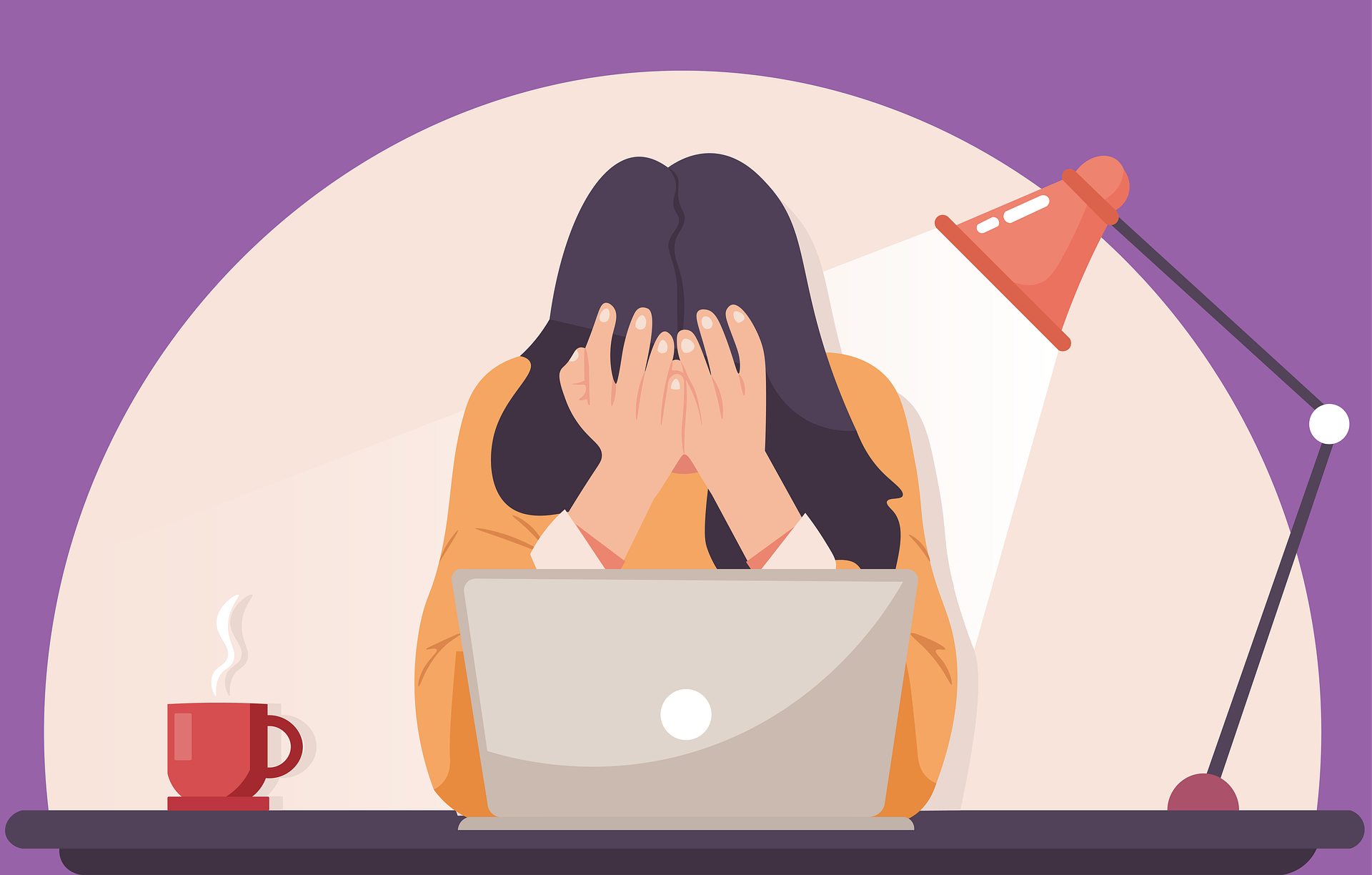The truth is that digital literacy instruction is in its infancy, so you can cut yourself some slack about not knowing everything about our complex, ever-changing digital world.
Do you remember when you were a teen and your parents sat you down to have that awkward conversation about online privacy? How about that looooooong group project about acceptable sharing on social media you did in school when all you wanted to do was go listen to Madonna?
Oh? What’s that? You didn’t have those conversations because the Internet really just became a thing?
That’s the reality for many parents and educators these days. We didn’t get any guidance around digital and media literacy, so we don’t have anything to model those lessons around to our kids and our students now.
When I hear teachers and parents say “I know digital citizenship is important. I know it has a profound affect on our self-esteem, mental health, and world view. I know I need to do something. But I just don’t know where to start?!?!?” I think, “You’re not alone!”
Don’t worry. We will get through this together.
Dive into these topics WITH your kids!
If you see something interesting that you don’t fully understand, that’s a great opportunity to dig into it with your kids. Learn as they learn. Ask questions. Explore. This is how all the best learning is done and it’s absolutely imperative for digital literacy. Things change too quickly to rely on simple answers that could be correct today but incomplete or wrong tomorrow.
Better yet, ask your kids what they are seeing online, what they are confused about, and/or what questions they have. Let them lead the exploration and you will both learn a thing or two.
By facilitating explorations around digital literacy, you are teaching them HOW to learn which will serve them throughout their life.
Be a lifelong learner
Can’t stop, won’t stop. The more you ask questions about digital and media literacy the more those questions become a habit whenever you or your students are consuming information online or working with online tools. Once those questions become a habit they will have built a key skill for any happy, well-informed digital citizen.
In Conclusion
I got the internet when I was in high school. I didn’t receive any digital literacy instruction from my parents or teachers and they certainly didn’t receive any from theirs. And even if I had, everything is completely different today than it was then, or even a year ago, or an hour ago. One of the few things we really know for sure is that the digital world moves very quickly. Instead of modeling an old digital literacy lesson you received when you were a kid (maybe), instill in them a curiosity and skill base to explore these ideas with you. The benefits will be enormous for a smarter, safer, and kinder online world.
Digital literacy instruction is in its infancy, so go ahead and relax, cut yourself some slack, and start exploring.
For more information on how Kermode can help you build media/digital literacy skills, check out our YouTube Channel with links to demo videos and tutorials.



